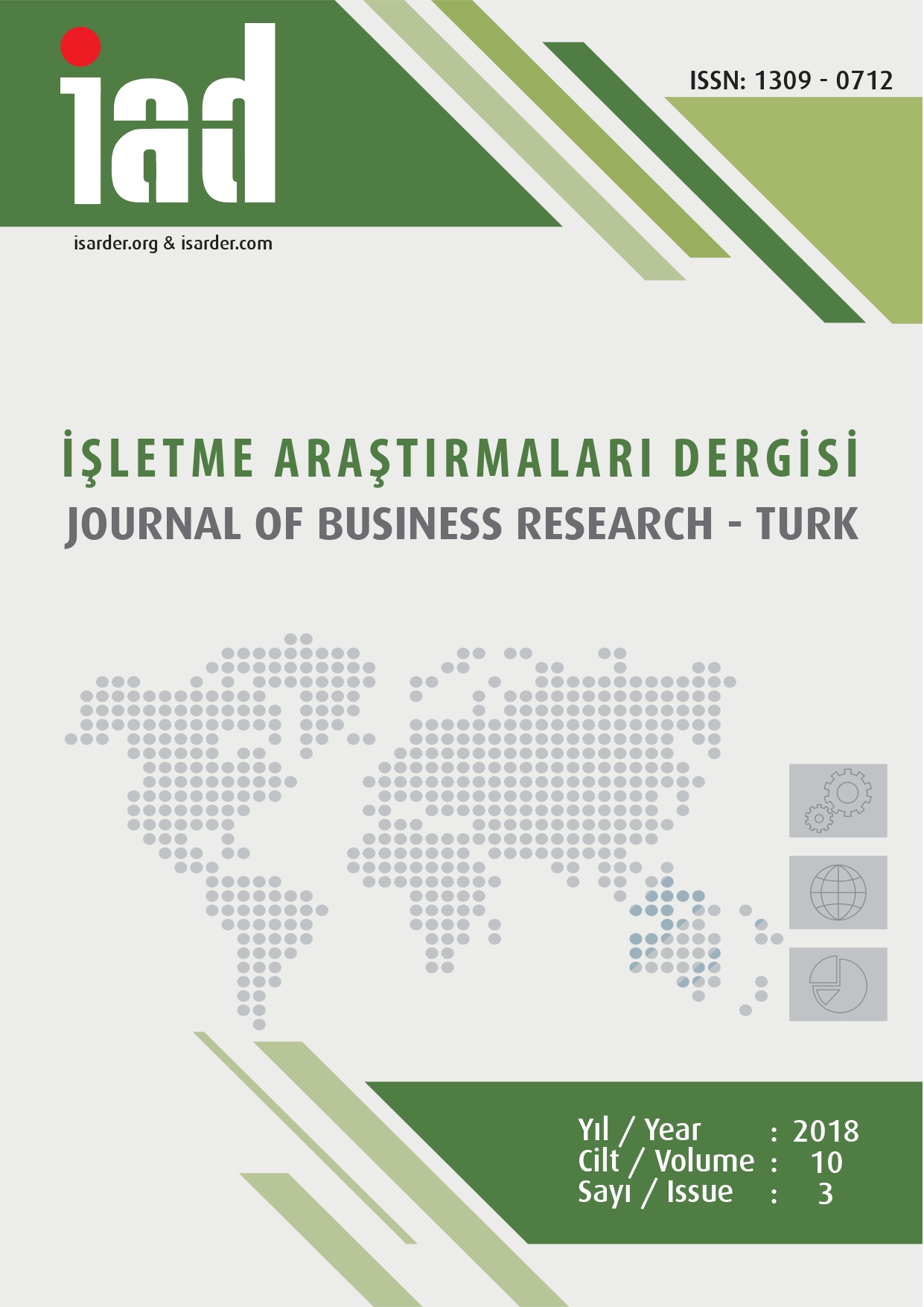Dört Temel Duygunun Bireylerde Risk Alma Davranışı Üzerindeki Etkisi
The Effect of Four Basic Emotional State on Risk Taking Behavior
Author(s): Ahmet Oğuz Akgüneş, Selim ArenSubject(s): Gender Studies, Business Economy / Management, Higher Education , Behaviorism, Business Ethics
Published by: Orhan Sağçolak
Keywords: Fear; Anger; Hope; Sadness; Risk; Behavioral Finance;
Summary/Abstract: The aim of this study is to investigate the effect of four basic emotions, such as anger, fear, hope and sadness, on individuals risk taking behavior. For this purpose, the data was collected from a public university in Turkey by participation of 440 subjects with easy sampling and voluntary participation. First, factor and reliability analysis of variables was performed then the model was tested with correlation and regression analysis. It has been determined that fear and sadness are positively related to the risk aversion behavior. The main reason for the lack of direct effect on anger may be cultural reasons as Li (2011) points out. As Hayenhjelm (2006) states, the absence of direct influence on hope can result from the fact that hope is related to the individual's current mood. In addition, risk propensity for high and low levels of four emotional states was investigated. Those who are at low sadness level demand the most risk, those with high fear and low hope level are the ones who avoid the most risk. When examined on gender-based, the same finding was also found for women. However, in males, no differentiation was found between emotional states and risk propensity. Finally, there was no differentiation in sex at each of the high and low levels of each emotional state. Almost all of these findings are significant contributors to the limited empirical finding.
Journal: İşletme Araştırmaları Dergisi
- Issue Year: 10/2018
- Issue No: 3
- Page Range: 362-378
- Page Count: 17
- Language: Turkish

